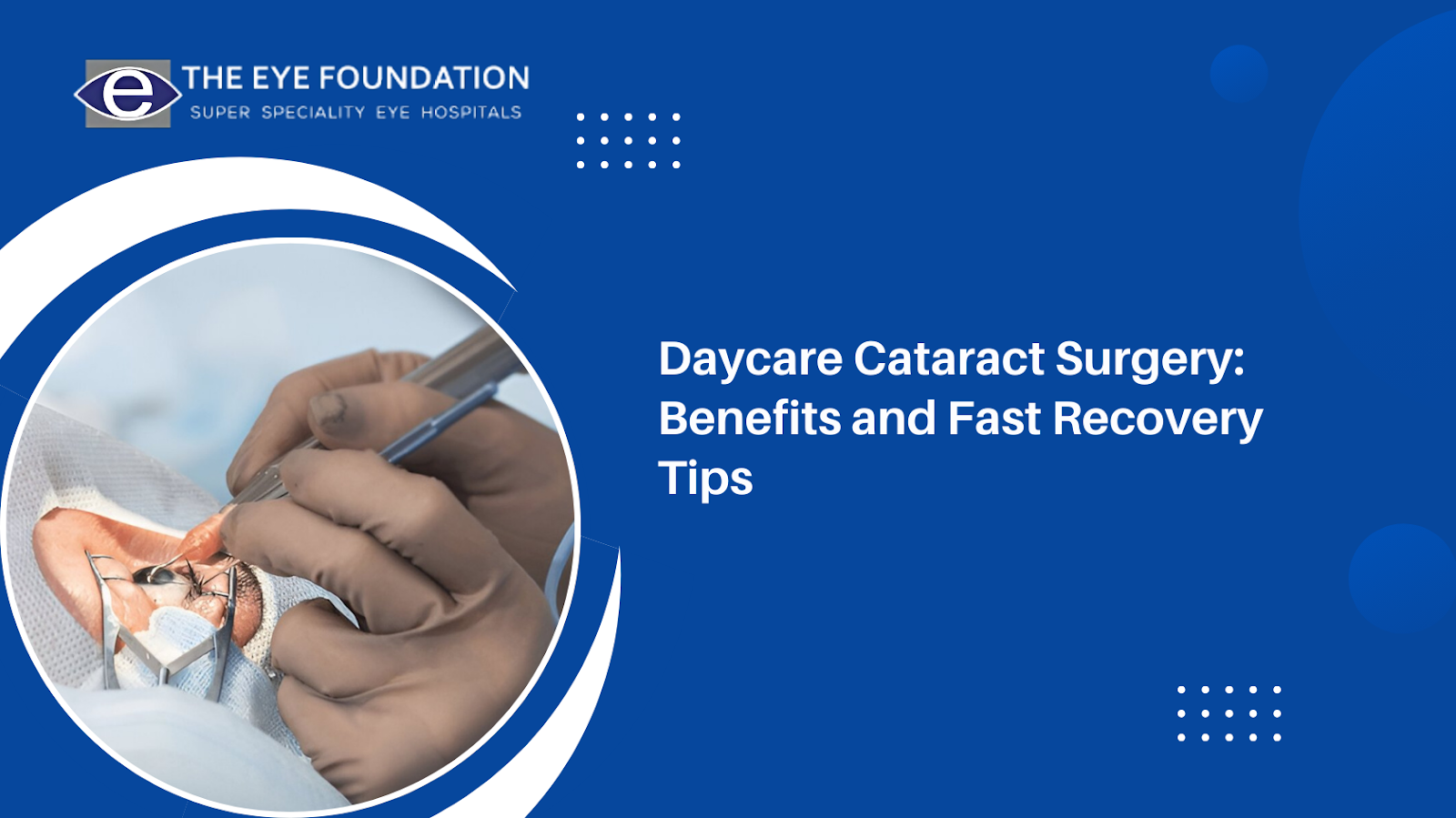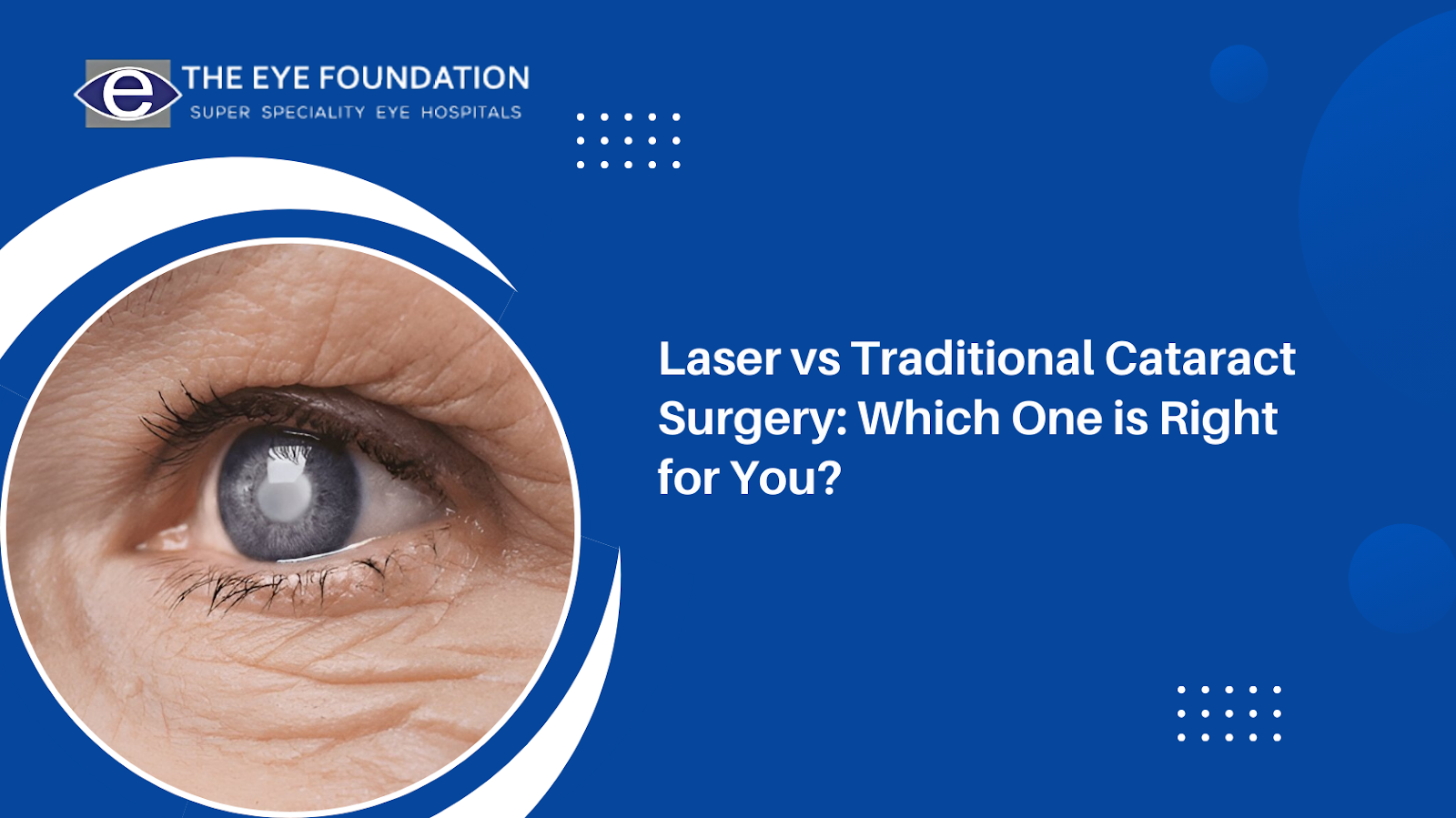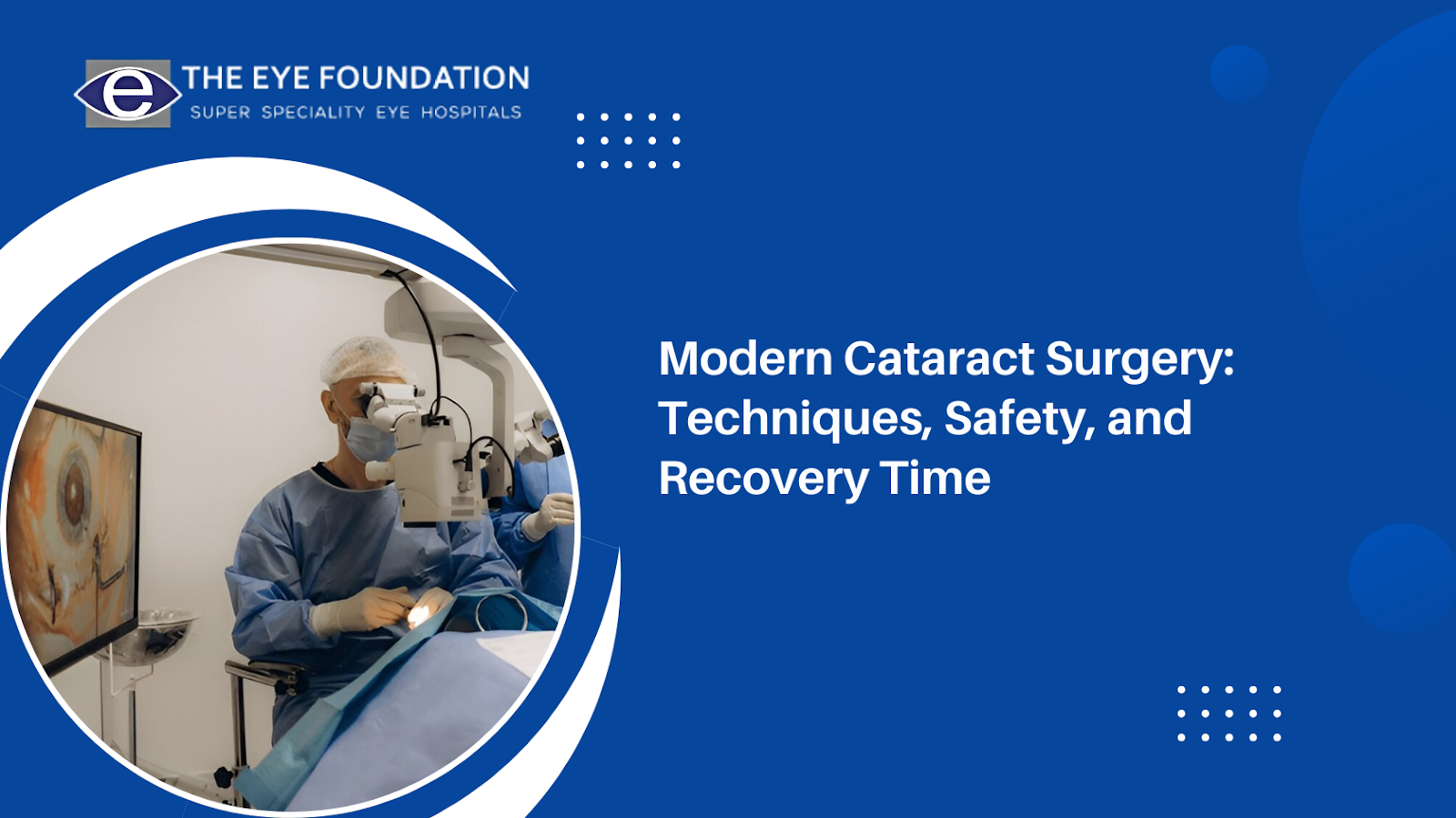Cataract surgeries are one of the simplest, safest, and common surgeries conducted today with a 98% success rate. The whole procedure lasts a mere 10 mins. But, like all other surgeries, with cataract surgeries too there are things you should bear in mind, for post-surgery recovery.
Below are a set of Do’s and Don’ts to follow post your cataract surgery:
What You Should Do
- Wear the special sunglasses given to you by your doctor for the first few days post-surgery, whenever you go out. This is to protect your operated eye from direct dust which could fall in your eyes.
- Unlike most surgeries done on the human body, Cataract surgery does not require any mandatory rest. One can resume all day-to-day activities from the very next day after surgery. It is advisable to keep a protective covering over your eye even while sleeping for the first few days post-surgery.
- While there will be no pain, you might feel a little discomfort and even itchiness around the eyes. You may also temporarily suffer from blurred vision, photosensitivity, and mild headaches. These after-effects are quite common, and you have no reason to get worried. As soon as you regain clear vision you can go back to doing normal things like reading your newspaper or watching television.
- Post-surgery if you continue to experience the aforesaid symptoms, or if they worsen, you experience a change in vision quality, or increased blurriness, black spots or streaks appear please contact your doctor without any further delay.
- Ensure that you keep up your follow-up appointments. These appointments will help your doctor gauge your recovery process and advise you accordingly.
What You Should Not Do
- Avoid driving pre-and post-surgery, especially post-surgery since you will not have the vision clear enough to drive by yourself.
- Do not remove the protective eye covering till your surgeon says you can. This covering protects your eyes from dust particles, excess light and ensures that you wear it even while sleeping.
- Do not splash water directly into your eyes for at least 1 week after your surgery.
- Avoid exerting extra pressure on your eye by itching or rubbing them.
- Wear the protective covering to avoid any infection, avoid touching the surrounding area of the operated eye, and completely avoid exposure to dust and wind.
If you follow the aforesaid instruction properly you can go back to living your normal life within a few weeks of surgery. Cataract has a high success rate and low complications. Should you need more information regarding the same contact your ophthalmologist. He/she will help you understand better your specific cataract condition, risks involved pre-and post-surgery, post-surgical treatment, and recovery time. If you require cataract surgery in both eyes, get one done first, and once it heals get the second eye operated upon.






